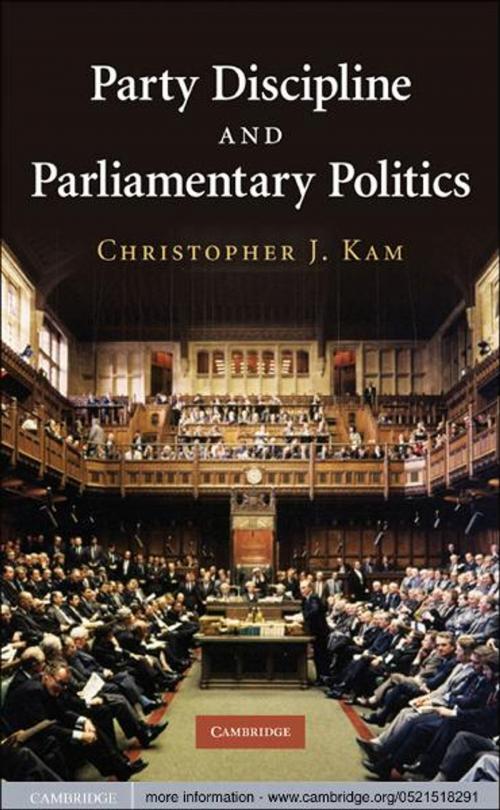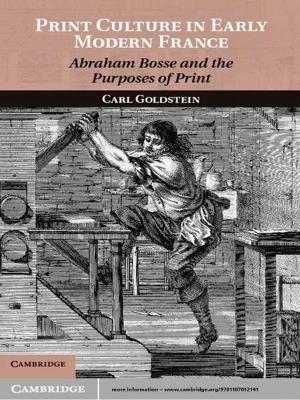Party Discipline and Parliamentary Politics
Nonfiction, Social & Cultural Studies, Political Science, International, Foreign Legal Systems, Politics, Practical Politics| Author: | Christopher J. Kam | ISBN: | 9780511738432 |
| Publisher: | Cambridge University Press | Publication: | March 26, 2009 |
| Imprint: | Cambridge University Press | Language: | English |
| Author: | Christopher J. Kam |
| ISBN: | 9780511738432 |
| Publisher: | Cambridge University Press |
| Publication: | March 26, 2009 |
| Imprint: | Cambridge University Press |
| Language: | English |
One of the chief tasks facing political leaders is to build and maintain unity within their parties. This text examines the relationship between party leaders and Members of Parliament in Britain, Canada, Australia, and New Zealand, showing how the two sides interact and sometimes clash. Christopher J. Kam demonstrates how incentives for MPs to dissent from their parties have been amplified by a process of partisan dealignment that has created electorates of non-partisan voters who reward shows of political independence. Party leaders therefore rely on a mixture of strategies to offset these electoral pressures, from offering MPs advancement to threatening discipline, and ultimately relying on a long-run process of socialization to temper their MPs' dissension. Kam reveals the underlying structure of party unity in modern Westminster parliamentary politics, and drives home the point that social norms and socialization reinforce rather than displace appeals to MPs' self-interest.
One of the chief tasks facing political leaders is to build and maintain unity within their parties. This text examines the relationship between party leaders and Members of Parliament in Britain, Canada, Australia, and New Zealand, showing how the two sides interact and sometimes clash. Christopher J. Kam demonstrates how incentives for MPs to dissent from their parties have been amplified by a process of partisan dealignment that has created electorates of non-partisan voters who reward shows of political independence. Party leaders therefore rely on a mixture of strategies to offset these electoral pressures, from offering MPs advancement to threatening discipline, and ultimately relying on a long-run process of socialization to temper their MPs' dissension. Kam reveals the underlying structure of party unity in modern Westminster parliamentary politics, and drives home the point that social norms and socialization reinforce rather than displace appeals to MPs' self-interest.















